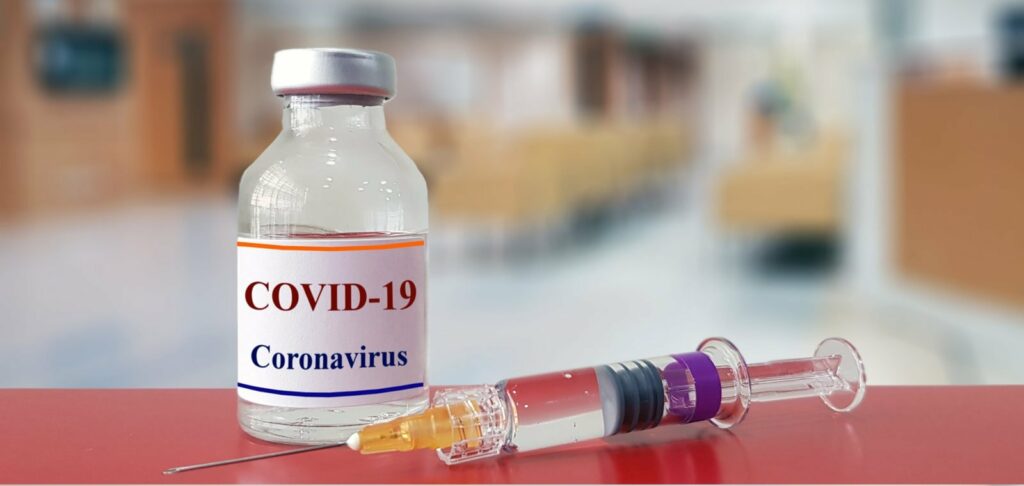
Pharmaceutical companies working on vaccines against COVID-19 have promised to start mass production in the coming months, immediately after the regulatory review. Thus, Pfizer in cooperation with BioNTech, which has signed a $1.95 million contract with the U.S. government and 100 million doses of the vaccine, is preparing to receive FDA approval for emergency use in October. Not far behind is Moderna, which also intends to seek emergency use approval for its product and fulfill a $1.5 billion contract with the U.S. government for 100 million doses of the vaccine.
However, experts fear that pharma companies’ grand plans could be shattered… cold. According to SVB Leerink analysts, both of these mRNA-based vaccines could face supply logistics problems due to ultra-cold storage requirements.
For example, an experimental vaccine from Pfizer and BioNTech, called BNT162b2, must be stored at -94° Fahrenheit or -70° Celsius. In a normal refrigerator with temperatures ranging from 2-8° C, it retains its properties for no more than 1-2 days.
Moderna officials say their vaccine remains stable at -4° Fahrenheit or -20° Celsius, which certainly gives it some competitive advantage over Pfizer, but doesn’t make transportation and storage any easier.
Given these limitations, analysts believe that both of these vaccines will only be able to be used in certain hospitals and clinics with proper equipment. Company officials, however, say they will meet the challenge and find a way to deliver and store the doses. Pfizer, for example, said it has already developed shipping containers using dry ice that will solve some of the transportation problems.
Yet it is clear that such stringent temperature requirements will severely affect the competitiveness of mRNA vaccines, especially at later stages when more traditional protein subunit vaccines, which have much more favorable storage conditions, such as remaining stable in a conventional refrigerator for several months, come on the market.
Shutterstock/FOTODOM UKRAINE photos were used



